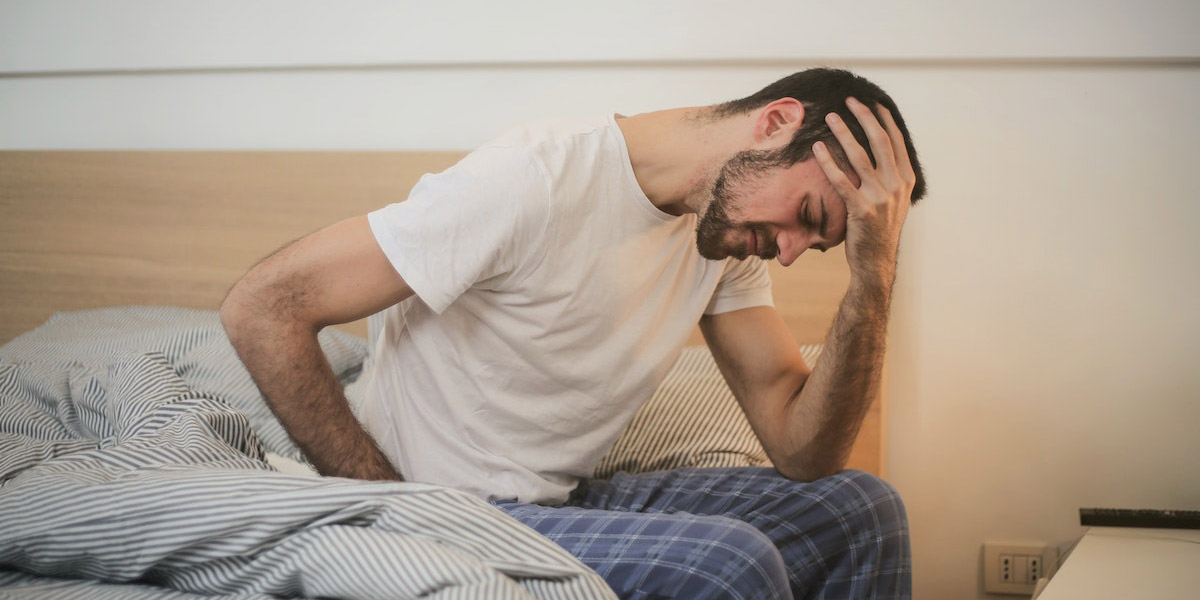Opioid addiction is a progressive disease that can dismantle your life. When you’re ready to overcome addiction and reclaim your life, detoxification is the first step. However, the process of detox can be physically and emotionally challenging. This is why it can be helpful to learn about the process so that you know what to expect and how to prepare.
Below is an overview of what it’s like to detox from opiates, including the stages of withdrawal, common symptoms and the different types of support available.
The Stages of Opiate Detox
Opiate detox typically involves several stages that last for about a week. The duration and intensity of your symptoms will vary based on your level of dependency, the specific opioid you’re using and how long you’ve been using it for.
- Early Withdrawal Stage. The early withdrawal stage usually begins within hours of the last dose of opiates. Common symptoms during this stage include flu-like symptoms (muscle aches, chills, sweating), gastrointestinal distress, anxiety and restlessness.
- Peak Withdrawal Stage. The peak withdrawal stage typically occurs within a few days of the last opiate use. Symptoms during this stage may include intense cravings, physical discomfort and mood swings.
- Late Withdrawal Stage. The late withdrawal stage occurs as the body gradually adjusts to functioning without opiates. You can expect lingering cravings, fatigue and lethargy and emotional instability as the brain normalizes.
Challenges and Support During Opiate Detox
At Spearhead Health, we understand that the initial phases of recovery can be intimidating. But it’s important to remember that detox is just the first step and it’s all you need to focus on right now. Here are some challenges you may face and the support available.
Physical Symptoms and Discomfort
The physical symptoms of opiate withdrawal can be intense. Fortunately, there are supportive medications and treatments available to alleviate discomfort, including anti-nausea medications and muscle relaxants. In some cases, medications like buprenorphine or methadone may be used to manage withdrawal symptoms.
Emotional and Psychological Support
Detoxification is just as much a psychological process as it is a physical process. Counseling, therapy and support groups address the emotional aspects of addiction and continue long after detox to help sustain sobriety.
Medical Supervision and Monitoring
Ideally, opiate detox should be conducted under medical supervision to ensure safety and appropriate care. You can detox in a medical facility where the staff will monitor vital signs, manage symptoms and provide medical interventions. But this isn’t your only option.
It’s also possible to detox safely in the comfort and privacy of your home. Spearhead Health offers concierge home detox services where you will receive the following:
- Private nurse overseeing medications, vitals, nutrition and sleep
- Doctor consultations and supervision
- Continuous CIWAs and COWs assessments
- Labwork, if necessary
- 24/7 recovery companion
- Medication tapers and monitoring
Long-Term Treatment Planning
The recovery journey starts with detox, but more healing is required. It’s essential to develop a comprehensive treatment plan that addresses the underlying causes of addiction and provides ongoing support. Spearhead Health can align you with these services immediately after detox.
Concierge Home Detox Services for Opioids and Opiates
Understanding the stages of opiate withdrawal and the support available can help you prepare for the physical and emotional challenges you may face. The important thing to remember is that you don’t have to leave your family to start the recovery process. It IS possible to detox from opioids at home.
Spearhead Health makes at-home detox a safe and realistic option for many individuals. We bring medical support and supervision to your home and assist with finding continued support in the form of therapy, counseling, support groups, recovery companions and more. Contact us today for a consultation.
